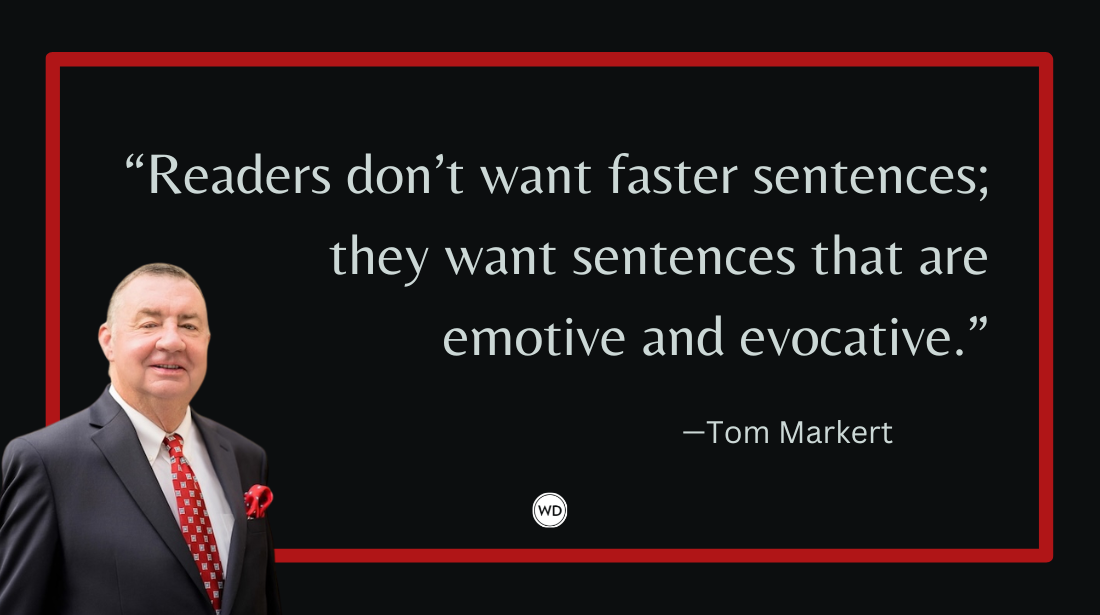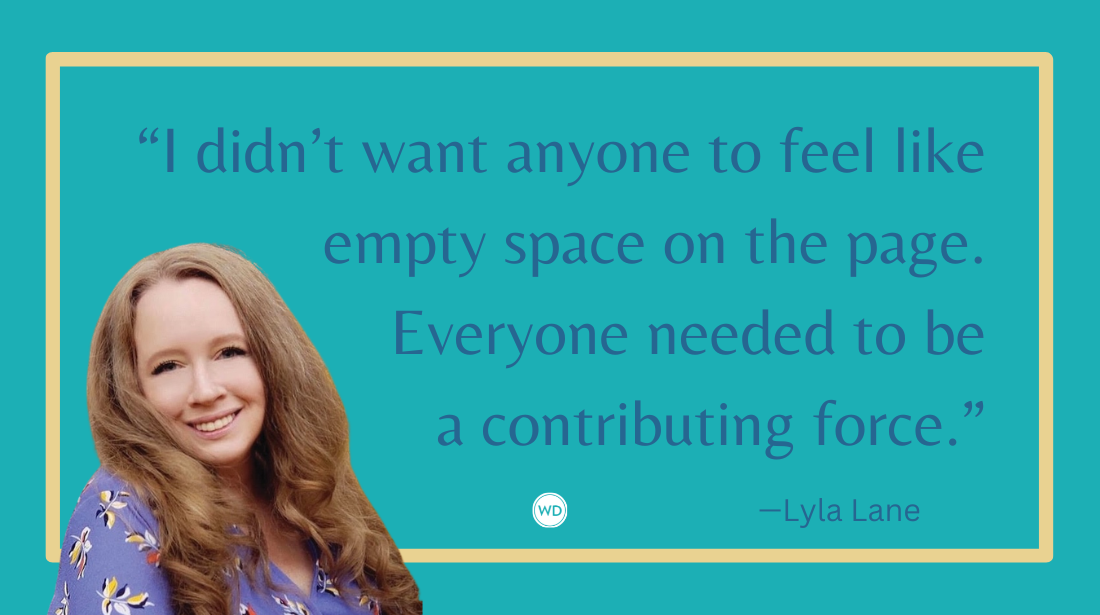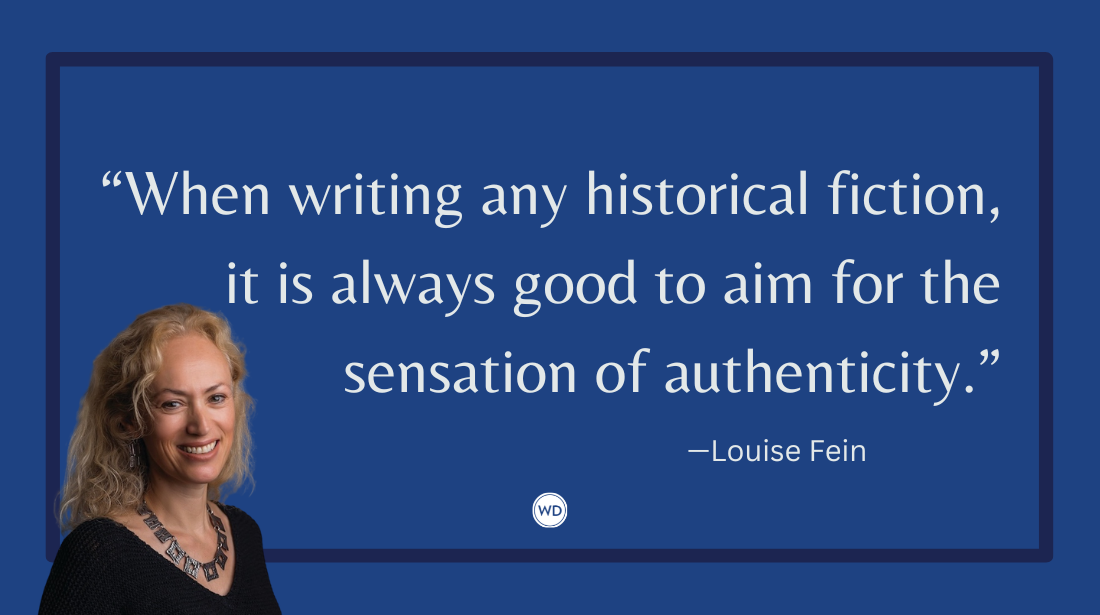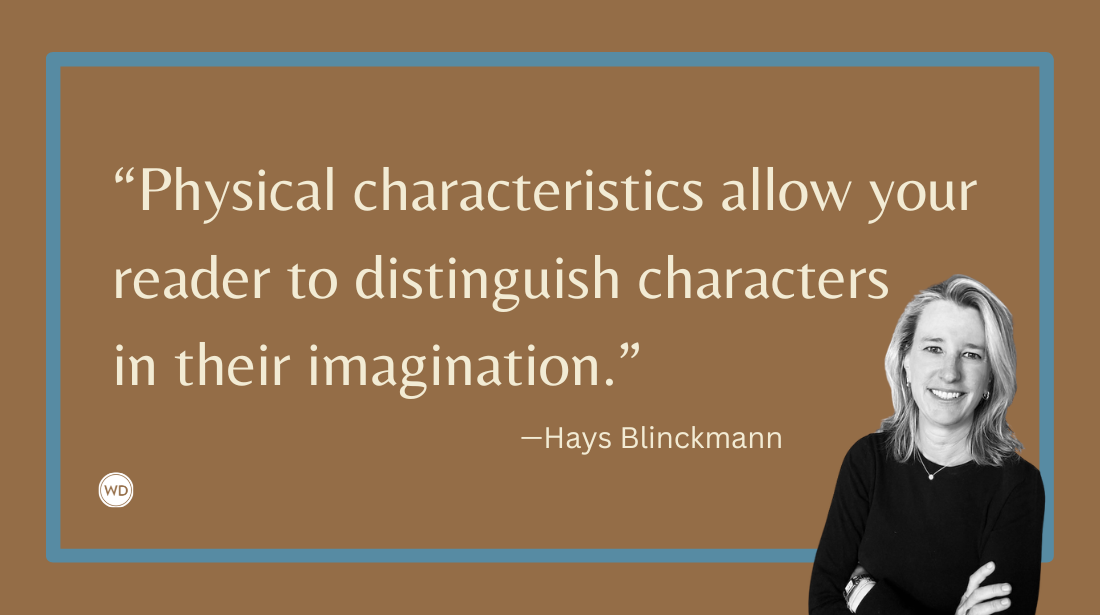Anna Lee Huber: On Escapism and Historical Fiction
Award-winning author Anna Lee Huber discusses the particular pain of writing during the 2020 lockdown and how she views historical fiction as a form of escape.
Anna Lee Huber is the Daphne Award-winning author of the national bestselling Lady Darby Mysteries and the Verity Kent Mysteries. She is a summa cum laude graduate of Lipscomb University in Nashville, Tennessee, where she majored in music and minored in psychology. She currently resides with her family and is hard at work on her next novel.
In this post, Huber discusses the particular pain of writing during the 2020 lockdown, how she views historical fiction as a form of escape, and more!
****
Name: Anna Lee Huber
Literary agent: Kevan Lyon
Title: A Wicked Conceit
Publisher: Berkley
Release date: April 6, 2021
Genre: Historical Mystery
Elevator pitch for the book: Soon-to-be new parents Kiera and Sebastian Gage have been hoping for a respite from their inquiries, but murder and mayhem have a startling way of dropping into their laps. When a rash of crimes break out across Edinburgh, seemingly inspired by the play and book featuring the roguish criminal Bonnie Brock Kincaid’s heinous exploits, and the publisher is found brutally murdered—in an imitation of a scene which points the finger not only at Bonnie Brock, but also Kiera and Gage—they have no choice but to investigate.
Previous titles by the author:
- Lady Darby Mystery series: The Anatomist’s Wife, Mortal Arts, A Grave Matter, A Study in Death, A Pressing Engagement, As Death Draws Near, A Brush with Shadows, An Artless Demise, A Stroke of Malice
- Verity Kent Mystery series: This Side of Murder, Treacherous is the Night, Penny for Your Secrets, A Pretty Deceit
- Other: The Deadly Hours, Secrets in the Mist
IndieBound | Bookshop | Amazon
[WD uses affiliate links.]
What prompted you to write this book?
The plot for this book was inspired by my readings about the murder of Lord William Russell in 1840 London, and allegations that the novel Jack Sheppard by William Harrison Ainsworth inspired the killer. Jack Sheppard was an unrepentant early 18th-century thief, and Ainsworth’s thrilling tale of his exploits, including numerous escapes from prison, not only became the source of numerous blockbuster plays but also inspired a crime wave. The sensational nature of Jack Sheppard’s appeal and the fierce debate that erupted over an artist’s responsibility for the morality of their art led me to draw parallels to the charismatic criminal whose gang rules the streets of Edinburgh in my Lady Darby Mystery series. I wondered how Bonnie Brock Kincaid would react to being made the subject of a bestselling novel and to what lengths Kiera and her husband Gage would go to in order to solve the crime if the publisher of that book was then murdered.
How long did it take to go from idea to publication?
It took me about six months to write the book from the moment of inspiration to completion and submission to my editor, and then another nine months until publication. My books always morph and change throughout the writing process. I tend to plot loosely, giving myself wiggle room for inspiration. This gives me a framework to work within, but also space to play. Originally, I planned to stick more closely to the events of the real crime that inspired the plot, but then I decided approaching it from a different angle worked better and remained more true to my characters.
Were there any surprises or learning moments in the publishing process for this title?
Any adjustments to the publishing process for this title were the result of the ongoing COVID-19 pandemic, but as this is my fourth book published since early 2020, I didn’t really experience any surprises. With many people still working at home, publishers have largely switched to electronic galleys rather than print, and in-person book events have nearly all changed to a virtual format. Although I miss meeting readers face-to-face, I’ve found the move to virtual to be mostly beneficial for me, as it requires less time away from my young children, and I can remain more productive in my home office rather than on the road.
Were there any surprises in the writing process for this book?
I began writing A Wicked Conceit in February 2020, and then the national lockdown began approximately six weeks later. With two young children at home, getting work done became an even more difficult juggling act. I had to spend several hours each school day helping my kindergartener with her remote learning, and we could no longer have the babysitter who had helped us out for several hours every day come to our home. My husband and I had to find a new way to parent and work.
Beyond the logistical headaches, I also had to find a way to cope with the worries and stresses of the pandemic and set those aside to tap into my creative processes to continue writing. It was far more difficult than I anticipated. The fact that A Wicked Conceit is set during the 1832 cholera epidemic also complicated matters, not only psychologically, but in making the story realistic to modern readers accustomed to the science and restrictions of living through a pandemic in the 21st century.
What do you hope readers will get out of your book?
As always, I hope my books provide my readers an escape from the worries and pressures of their 21st-century lives. I hope they provide comfort and inspiration, that they derive satisfaction in seeing that justice is done. And I hope they learn something new from the historical aspects of the book and are able to recognize how many of the same issues we grappled with 200 years ago still echo in our lives today, simply manifesting in slightly different forms.
If you could share one piece of advice with other authors, what would it be?
This year has been incredibly stressful for everyone, but it has been uniquely challenging for creative types. If I had one piece of advice to share with my fellow authors, it would be to give yourself some grace. Our lives have changed in dramatic ways. We’re continually learning to adjust and to grieve in ways both big and small for the lives we once lived and the people we once were. We can only move bravely forward and give ourselves and each other grace as we stumble and find our way. If your writing isn’t as easy or smooth as before, that’s okay. If you’re struggling to finish that manuscript, so are so many others. You’ll get there. Just take a deep breath in and let it out, and know that you’re not alone. We’re all rooting for you. Oh, and be sure to step out and let the sunshine on your face once and a while, even if it’s blocked by clouds. It’s still there, and your mind and body know it. It’s such a small thing, but it can make a world of difference.








